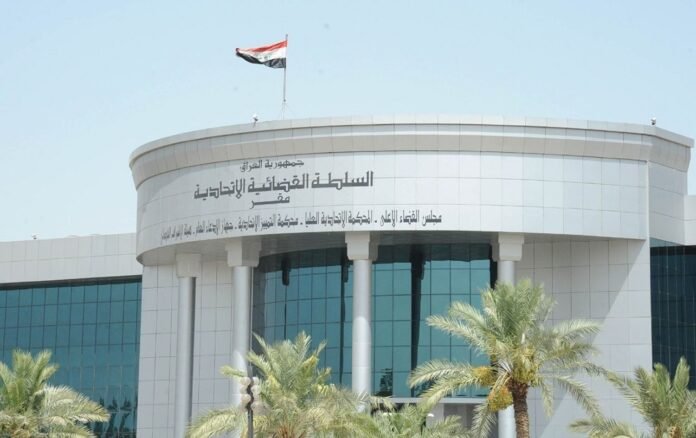Iraq’s Judiciary has taken a firm stance against former Baath Party members seeking roles in the upcoming elections. In a high-level meeting held in Baghdad, the Supreme Judicial Council emphasized the strict application of the Accountability and Justice Law, also known as Law No. 10.
This law, enacted in 2008, replaced the earlier De-Baathification policy. It bans former Baathists from holding senior government positions. It also ensures legal accountability for those involved in abuses under the former regime. Importantly, the law allows limited exceptions but only under specific legal circumstances.
During the latest session, the head of the Supreme Judicial Council led a discussion with deputies from the Federal Cassation Court. The Accountability and Justice Commission also participated, including its chief and other key officials. Their focus remained on ensuring full and fair enforcement of the law before the November 11 parliamentary elections.
The council declared that former regime figures must not be allowed to re-enter political office. Officials agreed that legal mechanisms must function transparently and without political manipulation. They also cautioned against using the law as a tool for revenge or personal gain.
This announcement by Iraq’s Judiciary comes at a critical time. The political landscape remains volatile, and the influence of former Baathists continues to raise concerns. Reinforcing the law aims to block any efforts to restore elements of the previous regime within the current democratic framework.
Furthermore, the council stressed the need for clear and consistent procedures. They urged all institutions to follow the law strictly and avoid selective application. Public trust, they noted, depends on equal treatment under the law.
Iraq’s Judiciary underlined that its goal is not to target individuals unfairly. Instead, it seeks to uphold legal integrity and prevent backsliding into authoritarian rule. By excluding former Baathists from parliament, the judiciary hopes to safeguard Iraq’s fragile democratic progress.
As the elections draw near, Iraq’s Judiciary will continue monitoring political developments. It remains committed to enforcing the Accountability and Justice Law without bias. This approach, officials believe, will promote a more stable and transparent political process.


